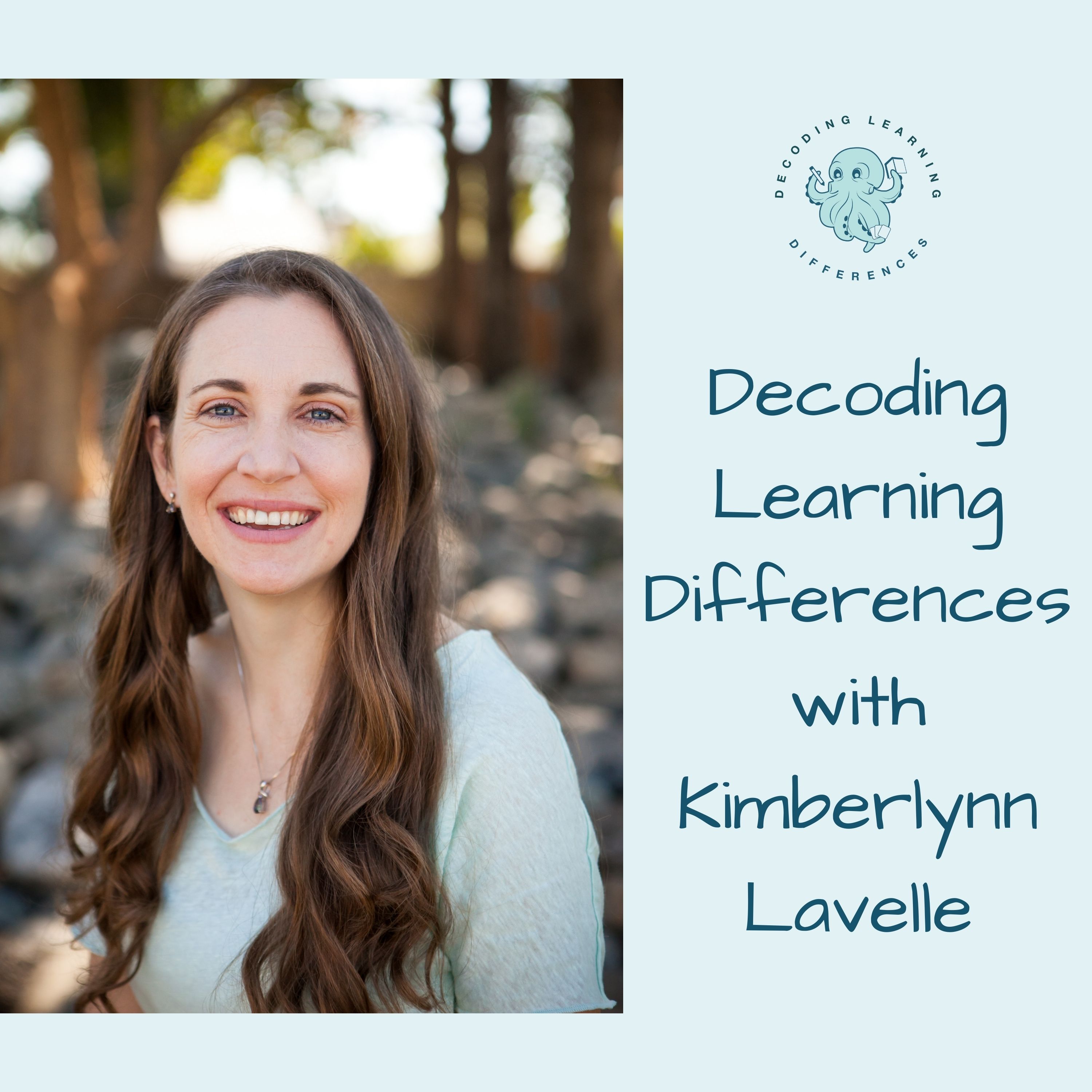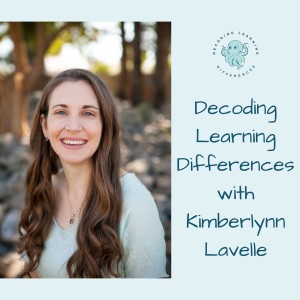

I teach parents how to educate their own children (especially those with struggling learners) so that they can successfully and peacefully homeschool or provide supplemental education at home. This podcast will discuss: - various learning disabilities and challenges, including: ADHD, dyslexia, autism, processing disorders, and so much more! - how all people learn - different learning styles - strategies for supporting specific learning challenges - how to apply these learning strategies at home - stories from homeschooling parents -interviews from other experts
I teach parents how to educate their own children (especially those with struggling learners) so that they can successfully and peacefully homeschool or provide supplemental education at home. This podcast will discuss: - various learning disabilities and challenges, including: ADHD, dyslexia, autism, processing disorders, and so much more! - how all people learn - different learning styles - strategies for supporting specific learning challenges - how to apply these learning strategies at home - stories from homeschooling parents -interviews from other experts
Episodes

Monday Feb 14, 2022
Rhyme-less Rita
Monday Feb 14, 2022
Monday Feb 14, 2022
I want to tell you about Rita.
Rita was a student I worked with MANY years ago (more than I can believe!).
I was a new teacher and knew almost nothing about dyslexia. I had heard of it, but got no training on it in my credentialing classes to become a special education teacher (education specialist). Can you believe that?!
Poor Rita. She couldn’t rhyme, blend, or segment in kindergarten. And I didn’t really know what to do about it except to practice MORE rhyming, blending, and segmenting. For a few years, we kept at it, while also working on sight words and other reading skills.
Rita was able to stay at grade-level in her reading but couldn’t rhyme, blend, or segment much at all. (Despite all of the practice we had been doing!)
I’m a researcher by nature. I love to read and research any topic I’m interested in, and especially ones around problems I’m trying to solve for myself, my family, or my students!
So I read and read and realized I needed to do something more fundamental than the rhyming, blending, and segmenting that I had been doing!
Eventually, we found success and Rita was able to segment and blend and read unknown words, although rhyming was never her strong suit! She became a strong reader who could figure out some rhymes.
The first things that helped a little was just an overall increase in Rita’s exposure to rhyming. We played rhyming games, practiced rhyming, books, poems, songs, videos. This was the stuff I did early on that seemed to help some, but not nearly enough.
Eventually, I used a systematic phonemic awareness instruction. It included a lot of specific segmenting and blending practice. For more on how that works, check out the episode/blog on Phonemic Awareness and Dyslexia.
Takeaway:
Rhyming isn’t easy and isn’t automatic for some kids. They need systematic interventions.
If you want to learn how to teach your own child with dyslexia, email me at Kimberlynn@DecodingLearningDifferences.com
No comments yet. Be the first to say something!